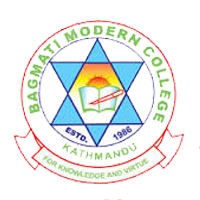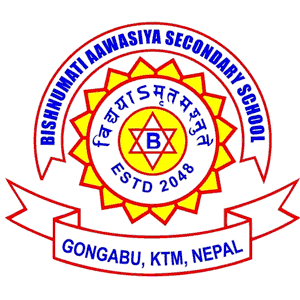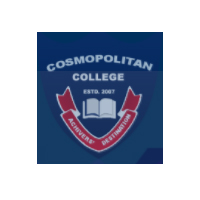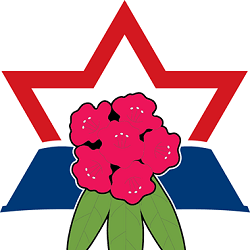Overview
Ten Plus Two (+2) Humanities at Active Academy College, Basundhara, Kathmandu
Ten Plus Two (+2) Humanities at Active Academy College, Basundhara, Kathmandu follows the National Examinations Board (NEB) structure for Grade 11–12 in Nepal. The stream suits students who prefer languages, social sciences, and arts subjects with steady reading and writing practice. Your study plan builds core literacy while preparing a path toward BA, BSW, or law and governance tracks.
Highlights
-
Affiliation: National Examinations Board (NEB)
-
Level: Grade 11–12 (Humanities stream)
-
Location: Basundhara, Kathmandu
-
Assessment: Internal evaluations and NEB board examinations
-
Academic Support: Library, computer lab, counseling, question-practice sessions
Curriculum Details
The college offers NEB-approved subject combinations each year. Final combinations depend on annual approvals and seats; you confirm selections during admission.
-
Core Papers: English, Nepali (as prescribed for Humanities)
-
Major/Optional Pool (as offered for the intake): Sociology, Anthropology, Mass Communication/Journalism, Political Science, History, Geography, Psychology, Economics, Rural Development
-
Classwork and Tasks: Short essays, text analysis, presentations, and periodic tests
-
Board Preparation: Terminal examinations and model tests aligned with NEB patterns
Objectives
-
Build subject literacy in social sciences and humanities with steady writing practice.
-
Improve reading habits, note-making, and citation basics for higher study.
-
Create a pathway toward BA-level degrees and sector-specific qualifications.
Scope
Graduates typically apply for BA, BSW, or law pathways (as per university rules). Entry-level roles emerge in media support, documentation, office administration, and community projects while students continue higher study.
Learning Outcomes
-
Interpret core ideas from social theory, literature, or language studies.
-
Write clear paragraphs and short reports using references where required.
-
Present arguments in class discussions and maintain a study calendar for boards.
-
Use basic methods for small assignments—reading logs, interviews, or simple tables.
Skill Development Modules
-
Reading and Note-Making: Chapter summaries, concept maps, and glossaries
-
Writing Clinic: Paragraph structure, coherence, and referencing basics
-
Presentation Skills: Short talks with peer feedback and time limits
-
Introductory Methods: Questionnaire design or text annotation when allowed
Teaching Methodology
Departments run lectures, guided discussions, and paper-wise workshops. Faculty share reading lists, maintain progress records, and schedule question-practice sessions before terminals and boards. Remedial support is arranged for students who need added practice.
Admission Requirements
-
Eligibility: SEE or equivalent as per NEB rules for Humanities
-
Documents: Application form, SEE mark sheet, character certificate, citizenship/birth registration (as applicable), photographs
-
Selection: Campus-level verification; seat confirmation within deadlines
Career Opportunities
-
Communication and Media: Content Assistant, Newsroom Support, Program Runner
-
Development and Governance: Community Outreach, Documentation Assistant
-
Education Support: Resource Room Assistant, Library/Records Support
-
Further Study: BA/BSW/LLB as per university criteria
Scholarships and Financial Aid
-
Merit-Based: Grade-linked waivers with renewal rules
-
Need-Based: Support for low-income families on verified proof
-
Inclusion/Talent: Consideration for arts, leadership, and underrepresented groups
-
Review: Annual review based on results, attendance, and conduct
Why Choose This Course?
-
Flexible Pathways: Subject sets that connect to BA, BSW, and law routes.
-
Writing Focus: Regular essays and reports build habits valued in higher study.
-
Institutional Support: Library, labs, and counseling sustain steady progress.
Conclusion
Ten Plus Two (+2) Humanities at Active Academy College follows NEB rules and builds practical reading and writing habits for higher education. Students learn to handle texts, present ideas, and prepare for board examinations while planning for university programs.























